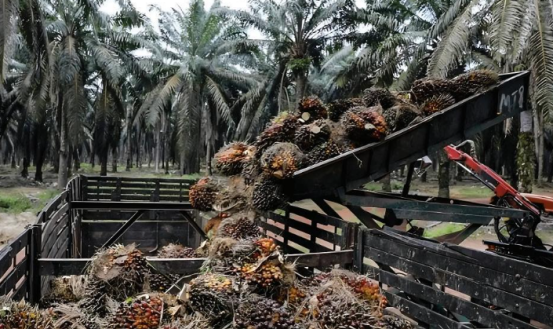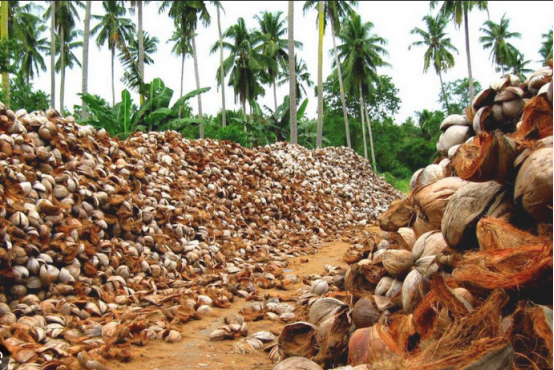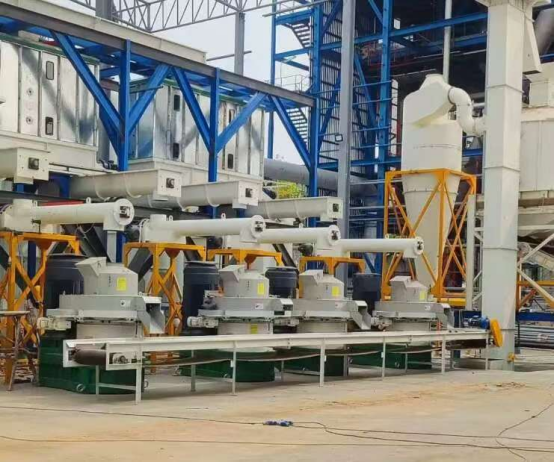Indonesia stands as a global powerhouse in potential biomass pellet production. Its vast tropical landscapes and major agricultural industries generate enormous volumes of organic waste, perfectly suited for conversion into valuable, renewable biomass pellets. But where exactly within this archipelago nation does this raw material wealth concentrate most densely? Understanding these hotspots is key for anyone investing in or supplying the biomass pellet machine industry.
The Undisputed Champion: Sumatra & Kalimantan - Palm Oil's Legacy

Without question, the islands of Sumatra and Kalimantan (Indonesian Borneo) are Indonesia’s biomass epicenters. This dominance is intrinsically linked to one industry: palm oil.
1.Scale is Staggering: Indonesia is the world's largest palm oil producer. Vast plantations cover millions of hectares across Sumatra (particularly Riau, North Sumatra, South Sumatra) and Kalimantan (West, Central, East, and South Kalimantan).
2.Waste Stream Bonanza: Palm oil processing generates massive volumes of waste:
Empty Fruit Bunches (EFB): Fibrous material left after fruit stripping. Huge quantities available year-round.
Palm Kernel Shells (PKS): Hard shells from the nut inside the fruit. A high-energy density residue.
Palm Fronds & Trunks: Generated from plantation maintenance and replanting.
3.Concentration & Accessibility: The sheer density of palm oil mills in these regions creates concentrated, often underutilized, streams of raw material ideal for pelletization. Collecting and transporting this biomass to centralized pellet plants near mills is increasingly feasible.
Beyond Palm: Other Significant Contributors
While palm dominates, other regions and feedstocks contribute significantly:
1.Java: As the most populous island with extensive agriculture, Java offers substantial resources:
Rice Husk: Abundant from rice milling centers across Java (East Java is a major producer).
Sugarcane Bagasse: Significant volumes from sugar mills, particularly in East Java.
Wood Processing Residues: Sawdust and wood shavings from furniture and timber industries.
Municipal Green Waste: Growing potential, especially near major cities like Jakarta and Surabaya.
2.Sulawesi & Papua: Emerging regions with growing palm oil cultivation and significant potential from forestry residues and other agricultural waste (e.g., coconut, cocoa). While infrastructure is still developing, the raw material base exists.
3.Other Islands: Potential exists across the archipelago from coconut waste, coffee husks, cocoa pod husks, sago waste, and dedicated energy crop plantations (like Calliandra or Gliricidia), though often in less concentrated volumes than palm or Java's mainstays.

Why This Raw Material Wealth Matters for Pellet Machine Demand
The sheer volume and concentration of biomass waste in Sumatra, Kalimantan, and Java create a compelling case for investment in biomass pellet machine technology:
1.Waste-to-Value: Pelletization transforms problematic waste (often burned openly, causing pollution) into a high-density, transportable, and valuable fuel commodity (biomass pellets).
2.Renewable Energy Demand: Growing domestic and international demand for sustainable biomass pellets for co-firing in power plants and industrial boilers drives market growth.
3.Export Potential: Indonesia is strategically positioned to become a major global pellet exporter, leveraging its feedstock advantage.
4.Processing Imperative: Raw biomass like EFB or rice husk is bulky, difficult to transport long distances, and has inconsistent properties. Biomass pellet machines are essential for:
Densification: Dramatically increasing energy density per volume.
Standardization: Creating uniform, consistent fuel specifications.
Stabilization: Improving storage and handling characteristics.
Enabling Transport & Trade: Making export economically viable.
Powering the Pellet Revolution: Your Reliable Machine Partner
Transforming Indonesia's abundant biomass resources into high-quality pellets demands dependable technology. This is where expertise in biomass pellet machine design and manufacturing becomes critical.
Rotexmaster: Engineering Excellence for Biomass Solutions.
For over 15 years, Shandong Rotex Machinery Co., Ltd. has been at the forefront of pelletizing technology. As a leading manufacturer, Rotexmaster specializes in designing and building robust, high-performance biomass pellet machines and complete production lines engineered to handle the specific challenges of diverse feedstocks, including palm residues, wood waste, rice husk, and more.
Why Rotexmaster for Indonesia's Biomass Sector?
Proven Expertise: Deep understanding of biomass densification, particularly challenging materials common in Indonesia.
Robust & Durable Machines: Built for high productivity and longevity in demanding industrial environments.
Advanced Technology: Incorporating features for efficiency, ease of operation, and consistent pellet quality.
Customized Solutions: Offering tailored plant designs from small to large scale.
Global Support: Providing reliable after-sales service and technical assistance.
